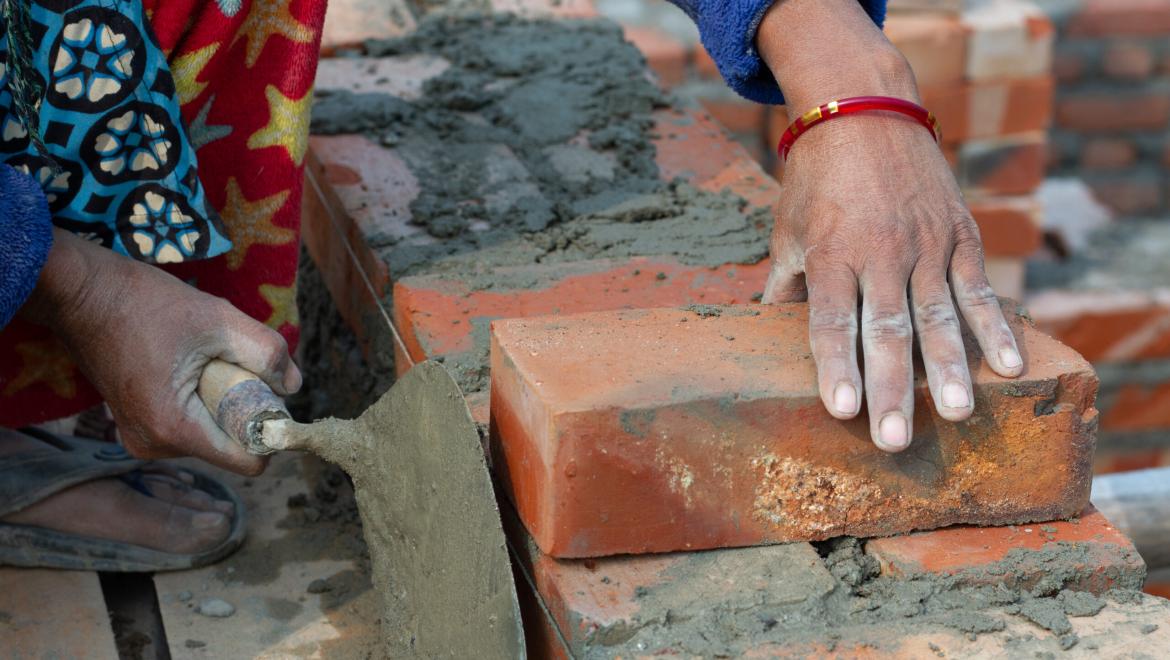Join the online webinar to discover the ILO Forced Labour Observatory (FLO) on 2 December, 14:00 - 15:15 (CET). The FLO was developed by the ILO’s Bridge Project to respond to the request of the ILO Governing Body to develop “a global data warehouse on forced labour and trafficking.”
The FLO database provides a repository of global and country level information on forced labour. The aim is to provide a “one stop shop” for information on forced labour for ILO constituents and partners. Country profiles have been developed for all 187 ILO member States using publicly available information from reputable sources. The country profiles give an overview of national responses to tackle this crime. They include information on the forced labour prevalence, international and national institutional frameworks, national laws and policies, and national efforts towards enforcement, prevention, protection and remedies.
The webinar will bring together high-level representatives from the International Organisation of Employers, the International Trade Union Confederation, the United Nations, and the ILO, to discuss the importance of this tool as a key instrument to share knowledge and drive policy action to prevent forced labour, protect victims and ensure their access to justice.
Speakers:
Mr Edilberto Sergio Jaime Rios, Vice-Minister of Labour and Employment Promotion, Peru
Mr Matthias Thorns, Deputy Secretary-General, International Organisation of Employers
Mr Jeroen Beirnaert, Geneva Office Director/Secretary of the Workers’ Group, International Trade Union Confederation
Mr Tomoya Obokata, UN Special Rapporteur on contemporary forms of slavery
Ms Michaëlle De Cock, Head, Research and Evaluation Unit, Fundamental Principles and Rights at Work Branch, International Labour Organization
The webinar will be conducted in English, French and Spanish. You can register at: Registration.
The Bridge Project (From Protocol to Practice: A Bridge to Global Action on Forced Labour) is funded by the U.S. Department of Labour.
